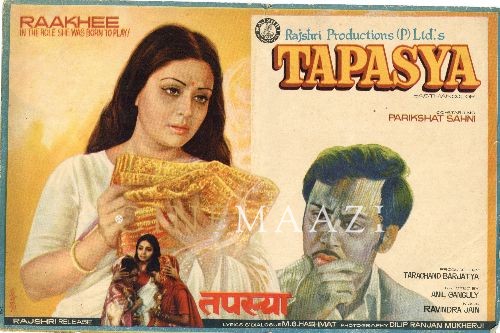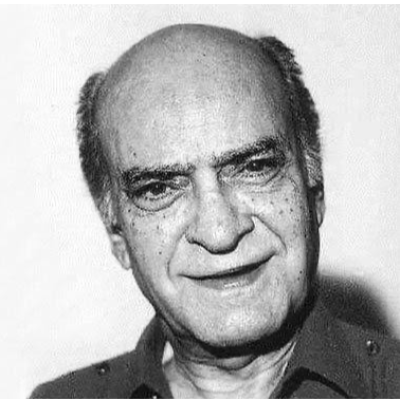This section is for paid subscribers only. Our subscription is only $3700/- for one full year.
You get unlimited access to all paid section and features on the website with this subscription.
Subscribe to read full article
This section is for paid subscribers only. Our subscription is only $37/- for one full year.
You get unlimited access to all paid section and features on the website with this subscription.
Not ready for a full subscription?
You can access this article for $2, and have it saved to your account for one year.
- LanguageHindi
TAPASYA is a hymn to the fortitude, the strength, and resilience of Indian womanhood and the wisdom of India's ancient culture and traditions.
Indu was the eldest daughter of Prof. Chandranath and was studying in the Post-graduate class. Like any eligible girl, she dreamt of completing her study and marry the doctor she loved. But the death of her mother and the illness of her father changed Indu's life. She had not only to look after her younger brother and two sisters but to look after her ailing father as well. And though the father himself was keen that she should marry her doctor-lover-a match which even the doctor's widowed mother approved-his sudden death came in the way of their union.
After her father's death, Indu had to shoulder the responsibility of the entire family. The doctor offered her a solution. He was more than ready to take the responsibility of the entire family. But after thinking over deeply she decided otherwise. She thought it was her own duty and responsibility to look after the brother and sisters—she could not share it with anyone else and more so with her husband and his people. So she decided to give up her studies, start a Kindergarten school in their own house and stop thinking of her own future till her brother and sisters could face the life on their own.
This was an arduous task. It meant that she had to give up dreams of her own happiness. She even pleaded to the doctor not to wait for her and marry someone else. But the doctor understood her and not only did he sympathise with her but really admired her. His love for her was so genuine that he was prepared to wait till eternity for her. His mother could not compel him to marry another girl. With such an ardent lover and companion who stood by her side, Indu fulfilled her mission.
Though as youngsters, her brother and sisters adored her, when they became grown-ups they too underwent a change! When her brother got a job and married his boss's daughter all her problems should have been over and she should have become free to marry the doctor. But the brother let her down badly as he left their house to become a 'ghar jamai' and her "Tapasya" continued! Did she ever get respite from her responsibility? Did the doctor have further patience to wait?
These questions find emotionally elevating answers in the climax of this stirring story of a woman's selfless dedication and man's patience and endurance.
There is something like poetic justice for so self-sacrificing a girl like Indu and she does get sunshine in her life when the mother of her lover takes her home.
(From the official press booklet)

Cast
Crew
-
BannerRajshri Pod P Ltd, Bombay
-
DirectorNA
-
Music Director
-
Director
-
Lyricist










.jpg)



